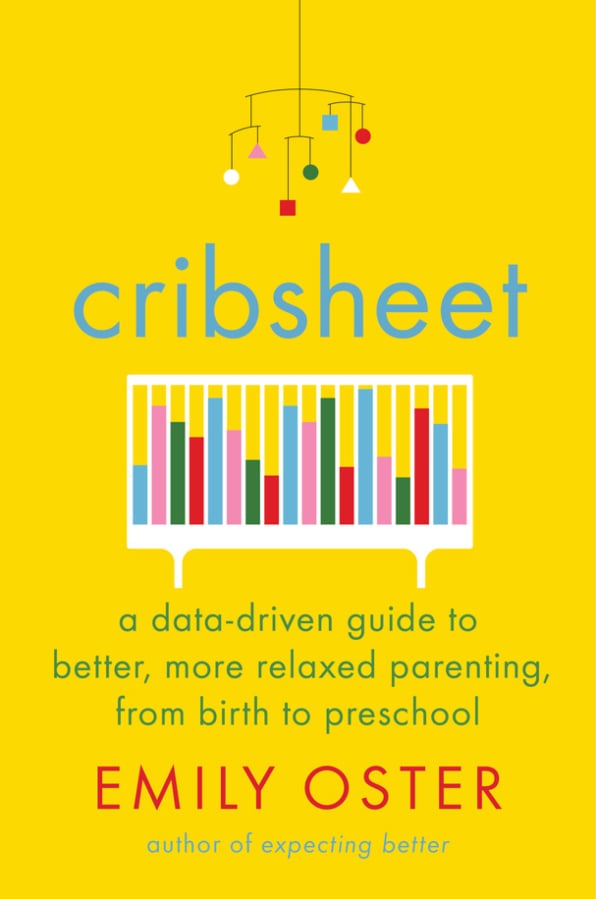At my son’s 6-week-old checkup, I was given a wonderful gift by our pediatrician. She waved away my (many) frantic questions about swaddling, nursing and formula and said all she cared about were vaccines and putting babies to sleep on their backs — since those were the issues with the most support from science.
“Pacifiers, breastfeeding, all the rest of it, is really your preference,” she said.
“Cribsheet” is essentially a book-length version of my pediatrician’s wisdom. And like me, many parents will likely find reading it a huge relief from the scare stories that seem to pop up everywhere these days.
The author, economist Emily Oster, burst into the parent-lit world with her 2013 hit “Expecting Better,” which remains required reading for a certain set of pregnant parents. Oster repeats her ingeniously simple formula with “Cribsheet”: taking conventional wisdom and diving into the research behind it, often showing that “the studies” are thin or nonexistent, or their findings that have been overstated.
The raging debate over infant circumcision? The entire issue boils down to a handful of very small risks and very small benefits. Cry it out? Perfectly safe. Co-sleeping? The practice carries a risk, even if you and your partner aren’t smokers.



